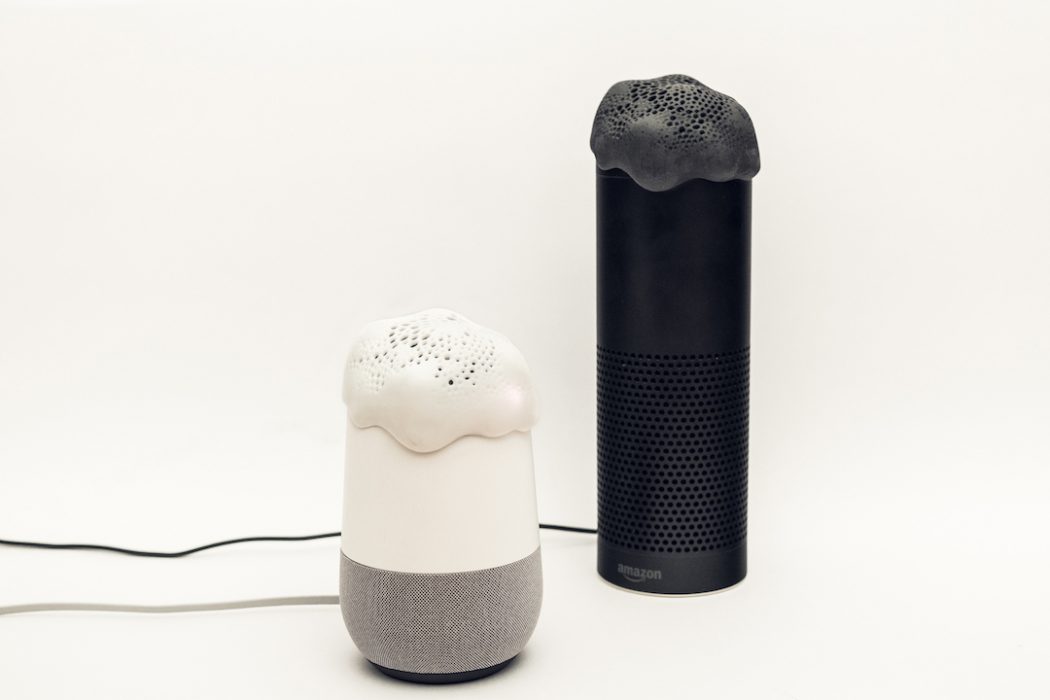It’s impossible not to notice the proliferation of smart tech in people’s homes and there are an awful lot of us out there that now have a smart assistant in the shape of Google Home or Amazon Alexa who we’re regularly quizzing for knowledge. But there is also little doubt that this sort of tech can be quite intrusive on our privacy and that’s something that Project Alias aims to remedy through the use of clever coding.
Put simply, Project Alias is a teachable “parasite” which has been cleverly designed to provide users of smart assistants more control over their device, both when it comes to customisation and privacy, and this is something that I think we can all get on board with and is long overdue. Project Alias, through the use of a simple app, lets the user train Alias to react on a custom wake-word/sound, and once trained, it can take control over your home assistant by activating it for you.
Take Control of your Privacy
We love smart assistants from Google and Amazon here at The Coolector but there is no doubt that they can be a bit invasive on one’s privacy from time to time and you’re never quite sure when they’re listening to you but with this Project Alias from Danish designer, Bjørn Karmann, in collaboration with Tore Knudsen, you can take control over your security concerns with the use of their app and eye-catching smart assistant cover.


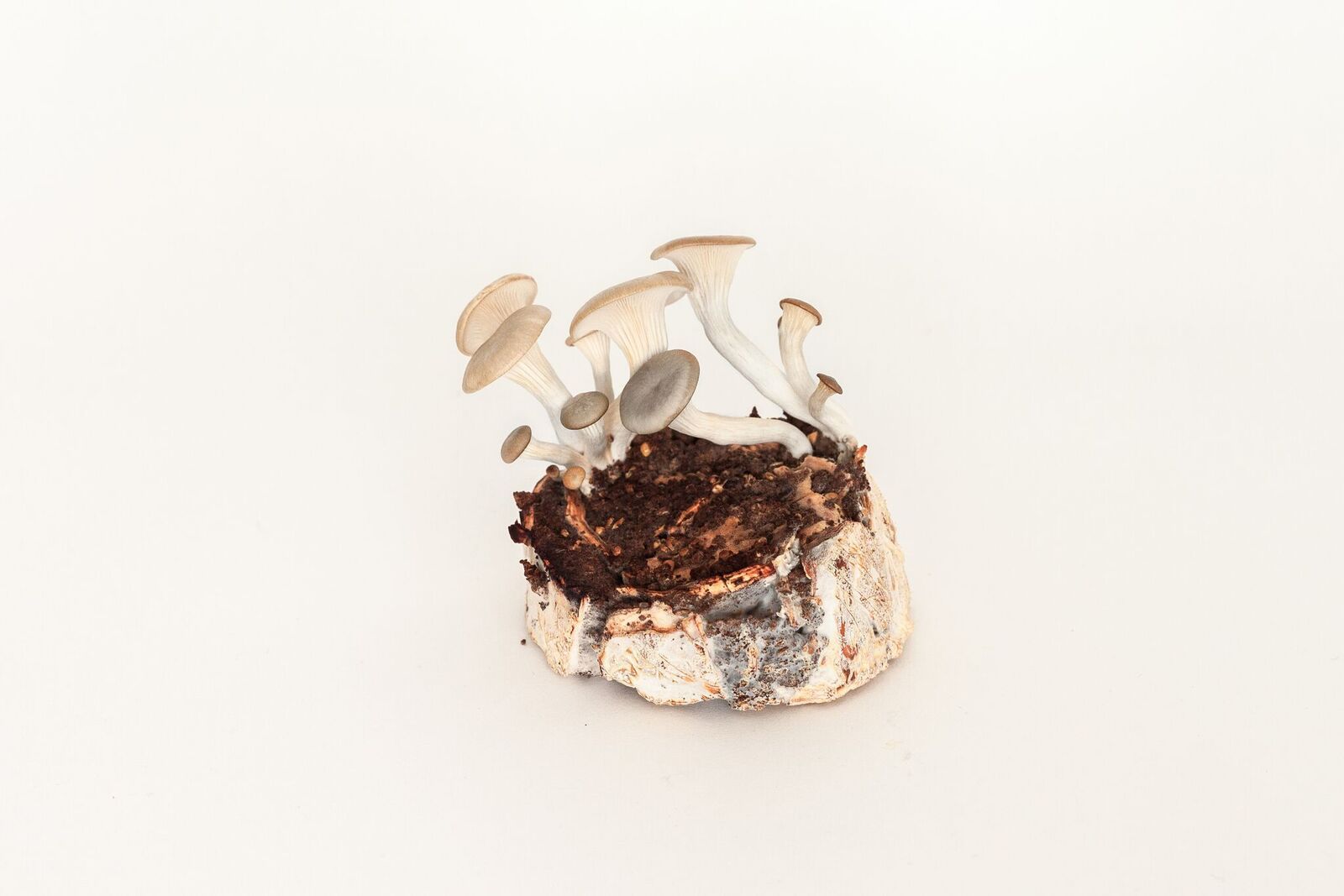
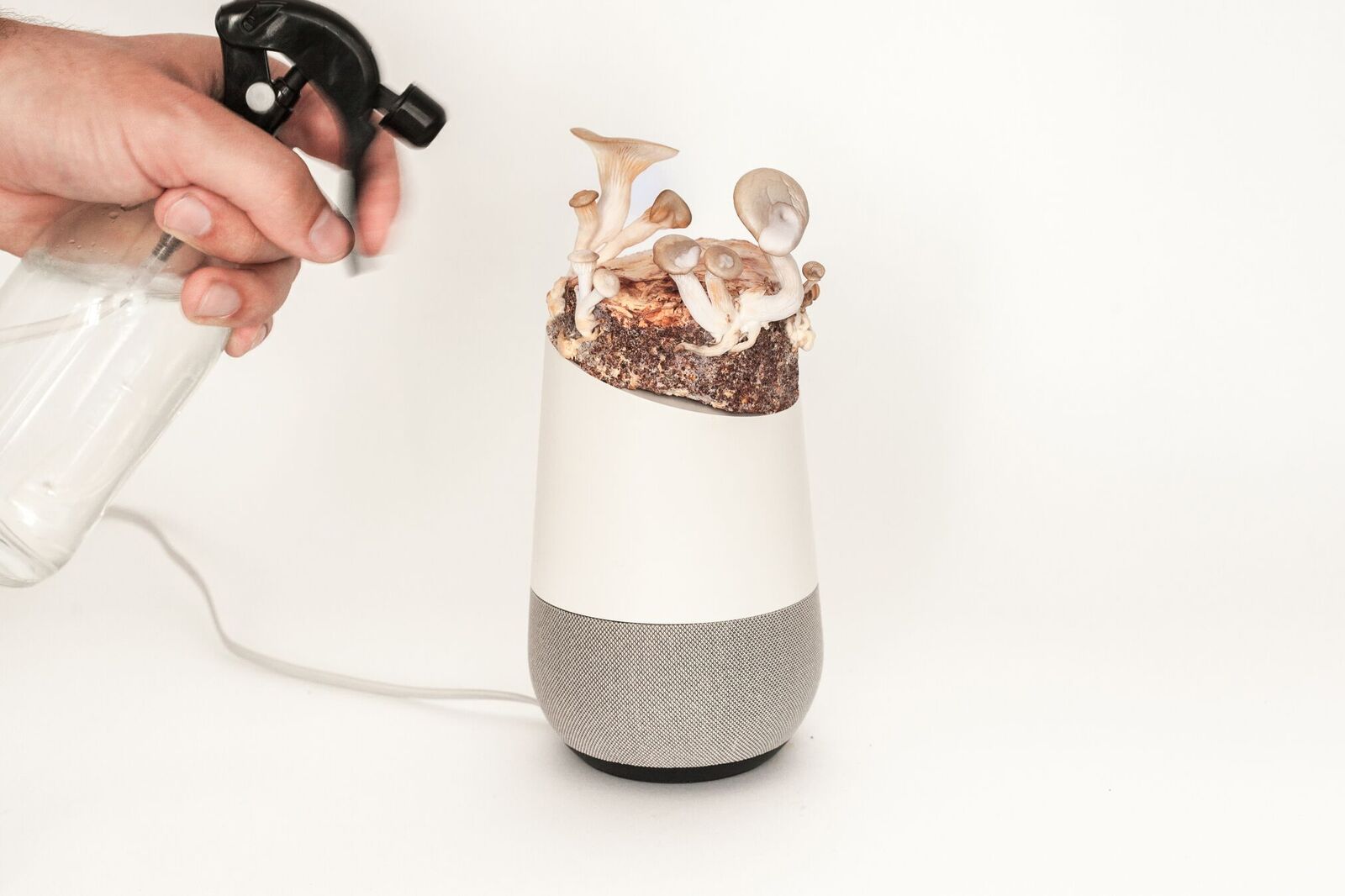
Offering their source code on Instructables and GitHub, Project Alias makes sure that when you not using your smart assistant, it will make sure it is paralysed and unable to listen to anything you say by interrupting its microphones. Project Alias acts as a middle-man device which has been designed to appropriate any voice activated device. It comes equipped with speakers and a microphone, which means that it is able to communicate and manipulate the home assistant when placed on top of it and make sure it’s not surreptitiously listening to your conversations.
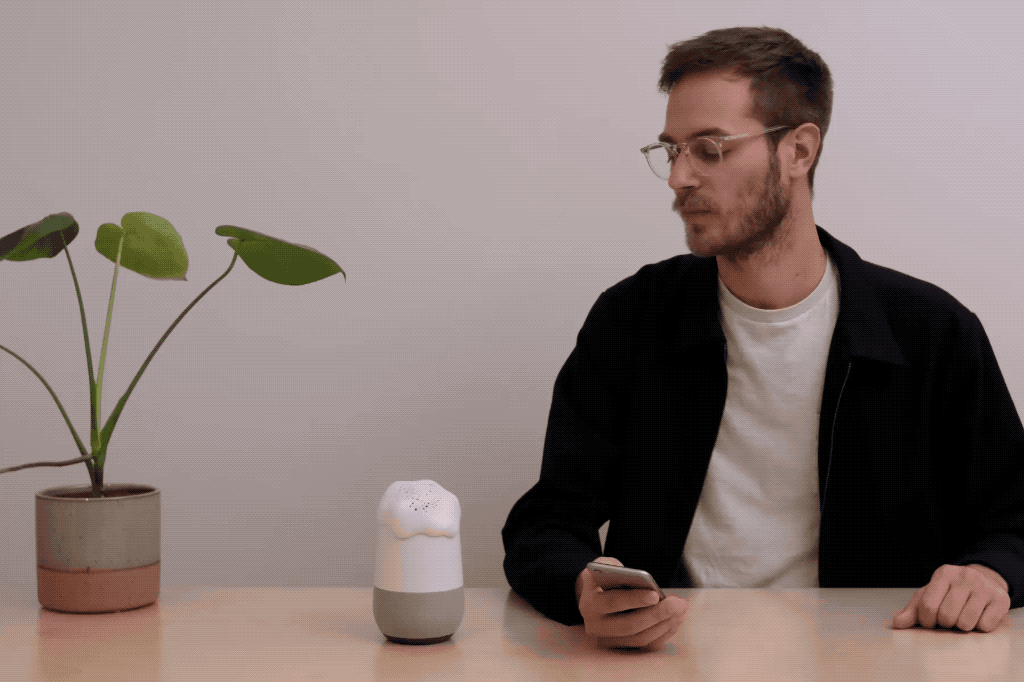
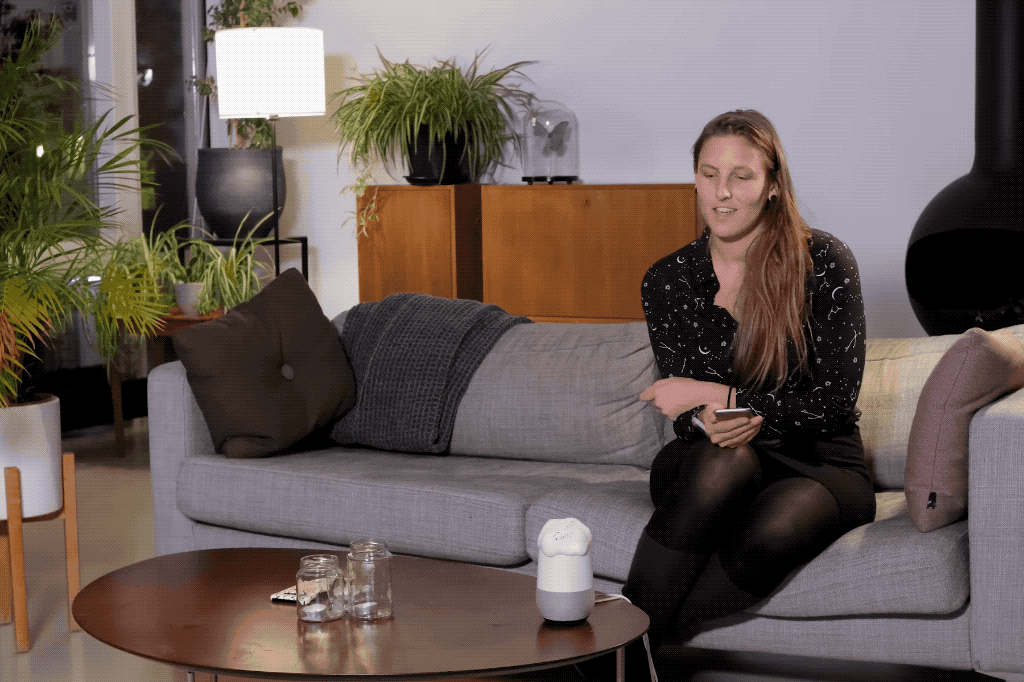
The Project Alias device and app will interrupt the smart assistant with a constant low noise/sound that feeds directly into the microphone of the device. First when Alias recognises your user created wake-word, it stops the noise and quietly activates the assistant with a sound recording of the original wake-word. The wake word detection is made with a small neural network that runs locally on Alias, and which can be trained and modified through live examples. The app acts as a controller to reset, train and turn on/off Alias.
Parisite Design
To work alongside the actual technological element of Project Alias, they also came up with a Parasite type top for your smart assistant to reinforce the point about the privacy invasion that is often levelled at these devices. They looked at how cordyceps fungus and viruses can appropriate and control insects to fulfill their own agendas and were inspired to create their own parasite cover for Google Home and Amazon Alexa that adds a comical visual element to proceedings.
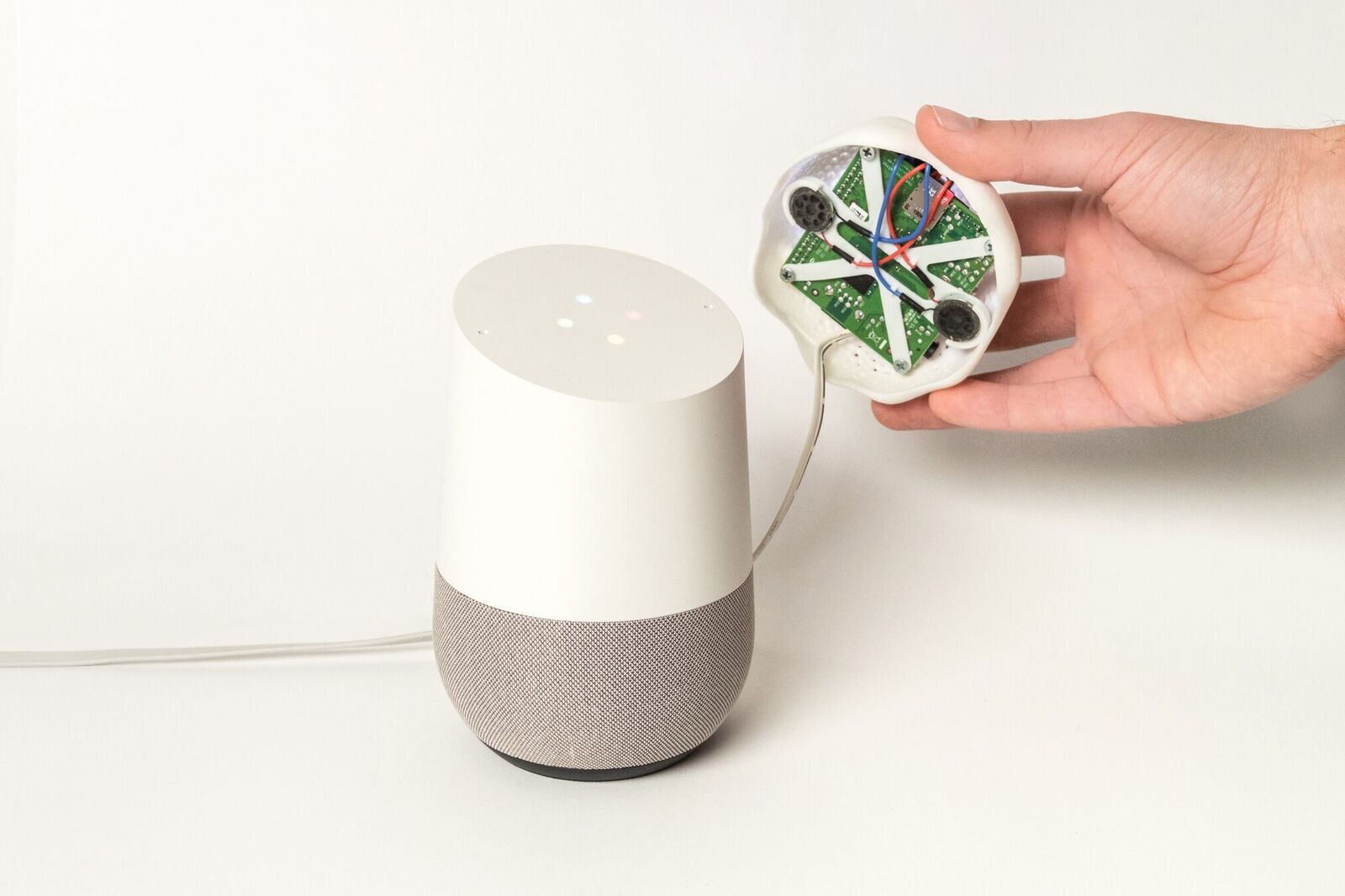
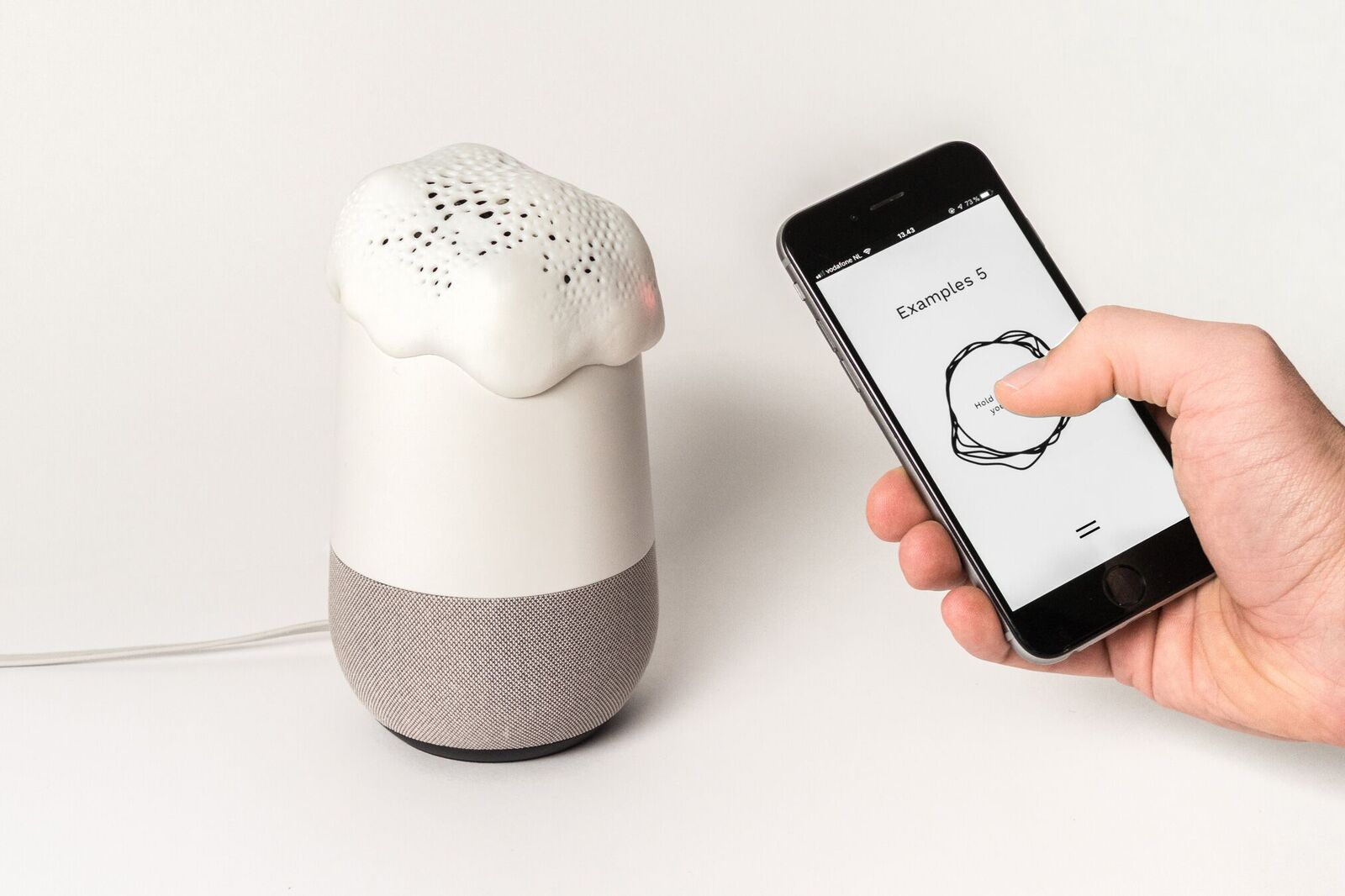
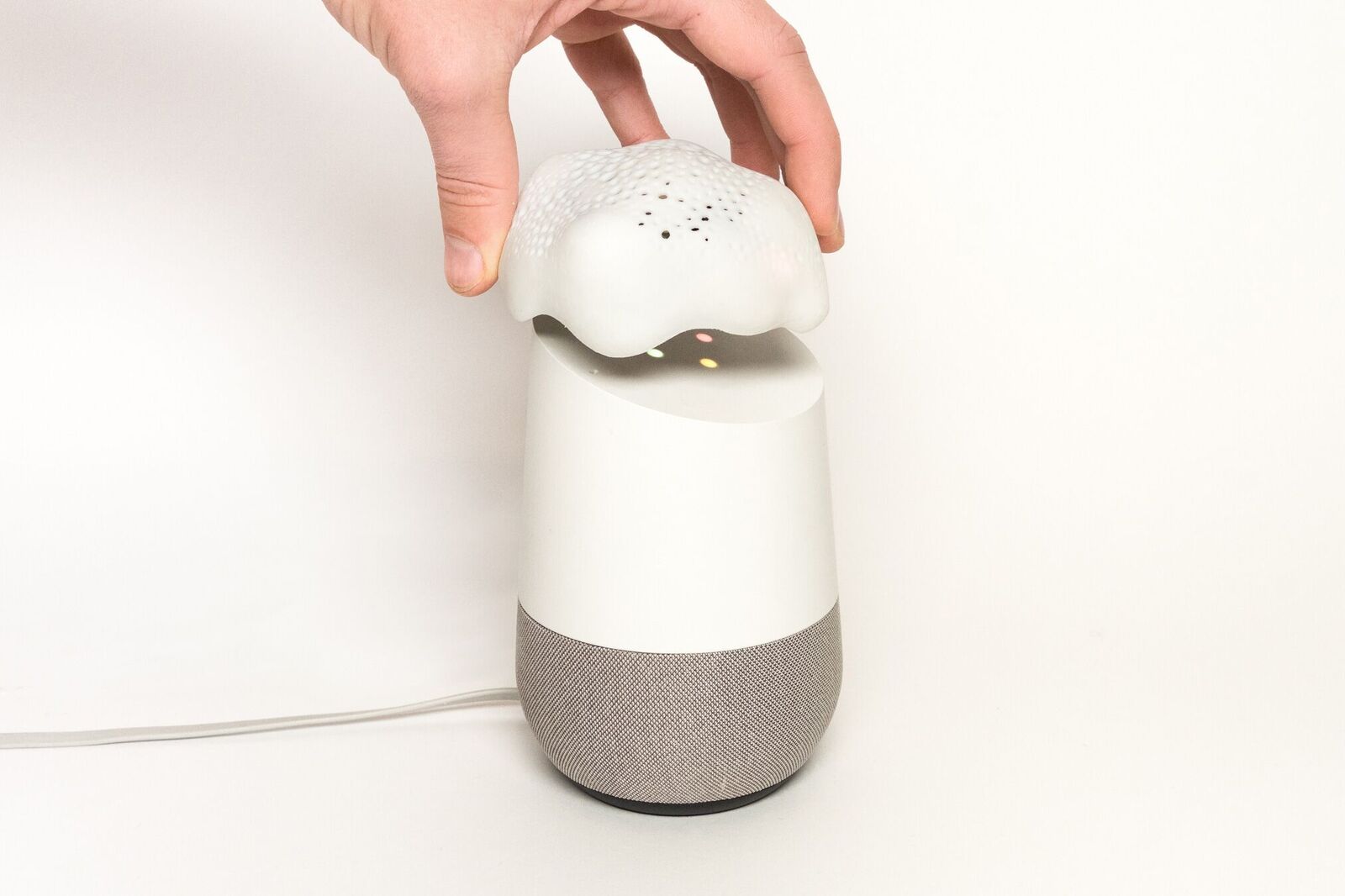
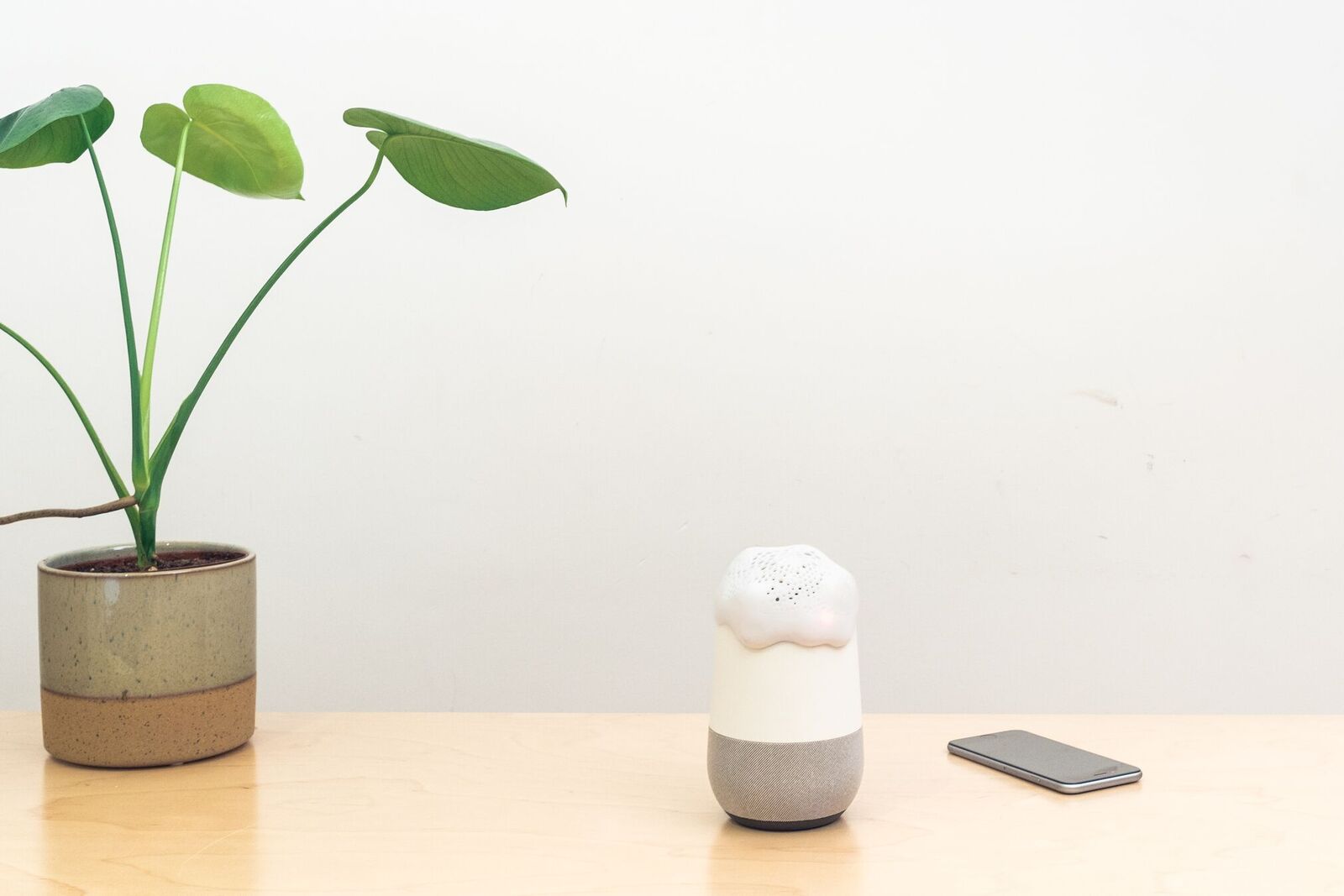
For those who love the functionality of smart assistants but perhaps not the potential for the invasion of privacy, Project Alias will certainly be right up your street. It aims to demonstrate how maker-culture can be used to redefine our relationship with smart home technologies, by delegating more power from the designers to the end users of the products and, from what we can see, it’s mission accomplished.
- Levada House: Where Architecture Springs from the Portuguese Earth - April 1, 2025
- 8 Summer-Ready T-Shirts from &SONS - April 1, 2025
- State Bicycle Co 4130 All-Road: Your Go-Anywhere Steed in Desert Dune - April 1, 2025

